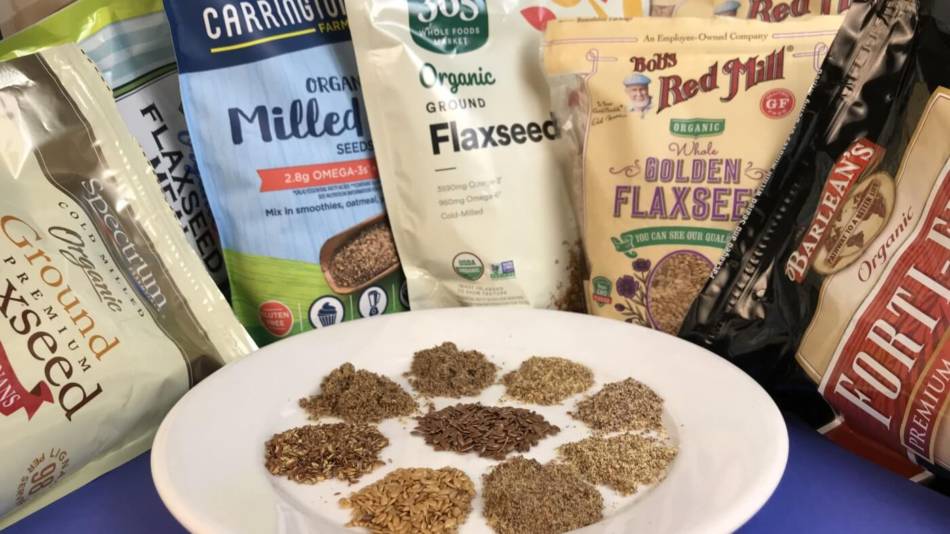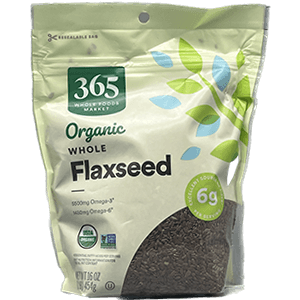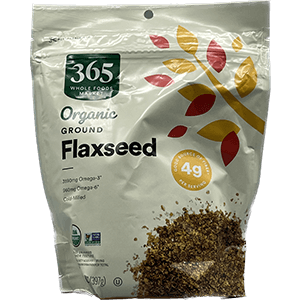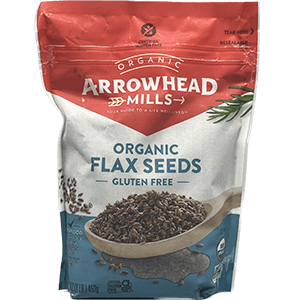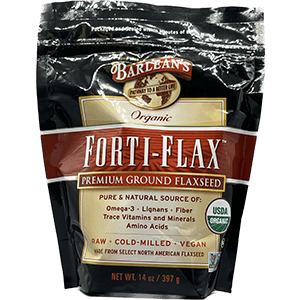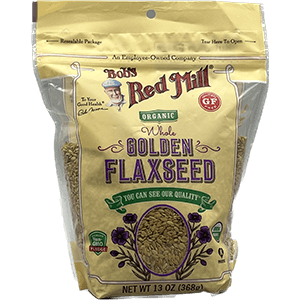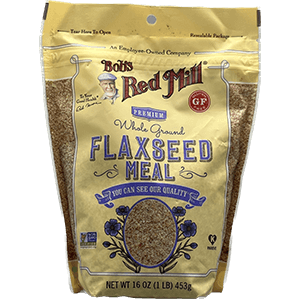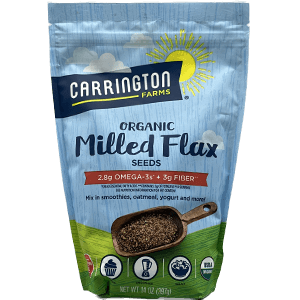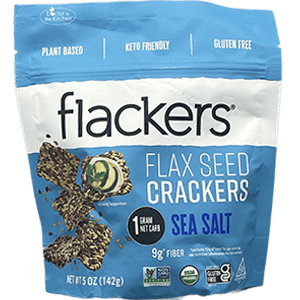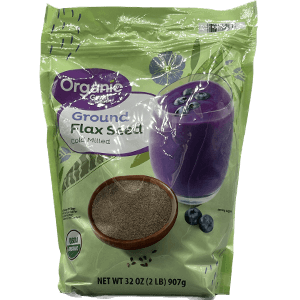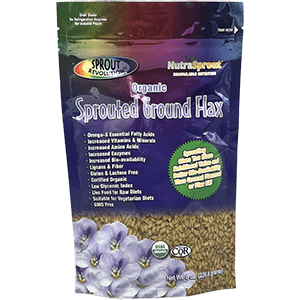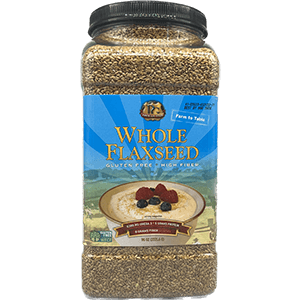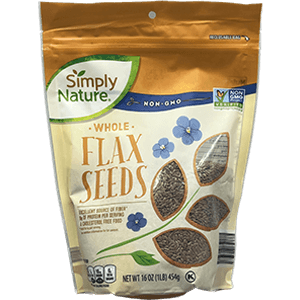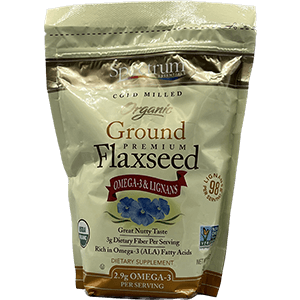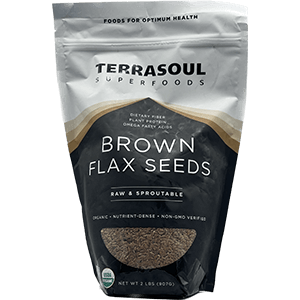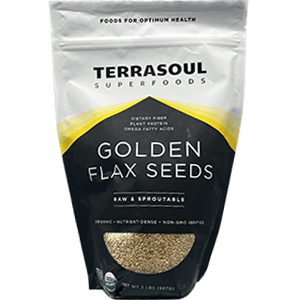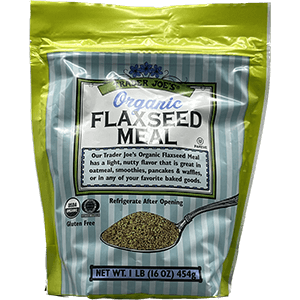Summary
-
What did ConsumerLab's tests of flaxseed show?
Our tests revealed a concerning amount of cadmium, a toxic heavy metal, in several flaxseed products that contained up to 4 to 5 times as much cadmium as other products. Nutritionally, products were similar in terms of fats (oil), carbs, fiber, and protein — although amounts listed on two products were not accurate. None of the products had microbial contamination. (See What CL Found and How Products Were Evaluated). -
Why does the amount of cadmium vary across flaxseed products?
This is likely affected by the flaxseed plant variety and the amount of cadmium in the soil. Unfortunately, we found nothing on labels (including geographic origin, brown versus golden color, whole versus ground seeds, or claims of being organic or non-GMO) or about product cost that would provide a reliable clue to the consumer as to how much cadmium is in a product. Which is the best flaxseed product?
Among the products that passed testing and were "Approved" for their quality, CL selected one as its Top Pick for whole flaxseed and two as Top Picks for ground flaxseed based on taste and cost.-
What are the nutritional benefits of flaxseed?
Flaxseeds are rich in fiber and healthy oils (particularly the omega-3 fatty acid ALA), and also provide some protein and small amounts of essential minerals, such as potassium, magnesium, calcium, and iron. (See What It Is) -
Does eating flaxseed help with medical conditions?
There is some evidence that flaxseed can help reduce blood sugar in diabetes, cholesterol, blood pressure, and symptoms of constipation. It may also have a weak estrogenic effect. (See What It Does) -
What's the difference between flaxseed that is "ground," "milled," or sold as "meal"?
Nothing, really. We found these terms to describe essentially the same thing: Flaxseed that has been ground to a fine or medium powder or meal. (See What CL Found and How Products Were Evaluated). -
Flaxseed safety and side effects:
The high fiber content of flaxseed may cause some gastrointestinal side effects, and the seeds may cause allergic reactions in some people. (See Concerns and Cautions)

